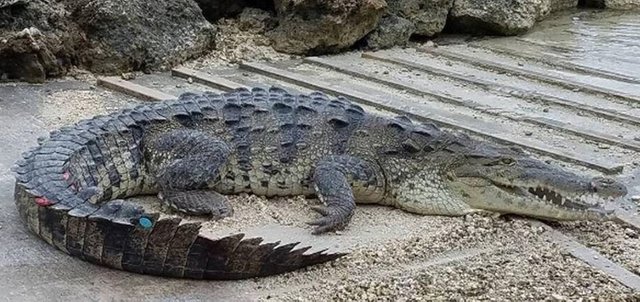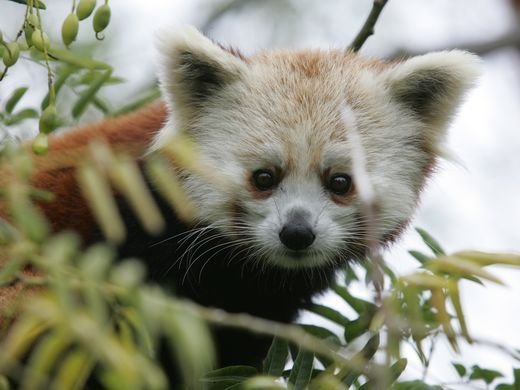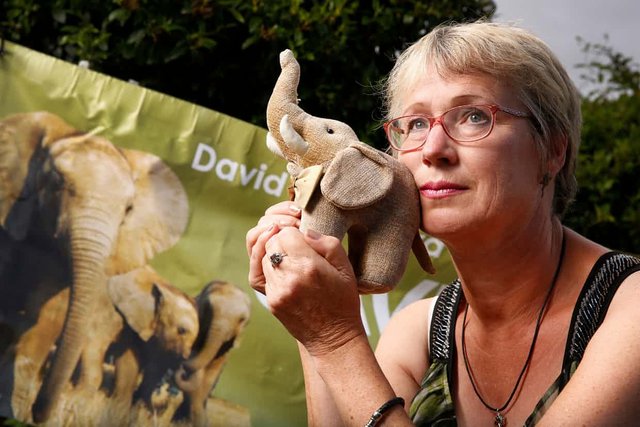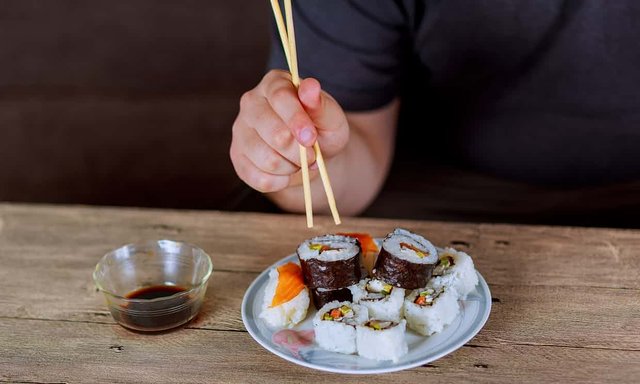CrowdifyClub Category: Wildlife Conservation
(Tip: To open the tweet in a new window 'Right-Click' the 'Tweet This Story' text and 'Open link in new tab')
Croc captured, relocated from golf course

A Key West-area golf course just lost 202 pounds.
That’s how much a female crocodile weighed in after a Florida Fish and Wildlife Conservation Commission crocodile hunter and an animal control officer from the Florida Keys SPCA captured the 9-foot-1-inch reptile about 4 a.m. Saturday morning, a two-hour job.
“We pulled it out of the water,” said Chris Guinto, the FWC’s crocodile response agent and nuisance alligator trapper since 2006. “I was going and tracking this crocodile for a few days at night in a pond. She got used to seeing me and she’d take off.”
At the request of the Key West Golf Club on Stock Island, the wildlife officials spent the past few weeks searching for the croc, which was relocated after its capture.
Full story at http://hrld.us/2uLKjDL
Source: Miami Herald
Chinese Youth Embrace New Attitudes Toward Pets and Wildlife

China is often in the news for its role in driving the exploitative and sometimes illegal trades in animals and their parts, from dog meat to tiger bone, bear bile, and shark fin. Elephant ivory is one of the biggest—each year, some 30,000 elephants are killed in Africa to meet demand for ivory, mainly in China, where it’s carved into intricate works of art, jewelry, and tchotchkes.
But it’s increasingly common to hear these stories highlighting compassion toward animals, both domestic and wild, such as this dog rescue. It wasn’t the first or the last time dogs have been rescued en route to slaughter in China, but this was one of the biggest. Chinese animal advocates and nonprofit organizations have been working for years to end the slaughter.
“It’s just amazing,” says Peter Li, a professor at University of Houston-Downtown and China policy specialist at Humane Society International. “You don’t hear about this in Korea,” where dog meat is arguably more popular.
Full story at http://bit.ly/2uLxSaL
Source: National Geographic
Animal extinction happens more often than you think

As the world experiences its sixth mass extinction event, species are disappearing at a rate of 1,000 to 10,000 times more than the Earth’s natural extinction rate, according to the World Wildlife Fund.
That could amount to losing hundreds or even thousands of species each year.
The blame for the most recent mass extinction isn’t natural disasters, natural climate changes or even devastating meteor strikes — it’s humans, says Noah Greenwald, the Endangered Species Director at the Center for Biological Diversity
“I think when you consider that we’ve greatly accelerated the rate of extinction, and that our population is constantly growing, our consumption is beginning to grow and now we’re actually changing the climate, we’re looking at a massive loss in diversity,” Greenwald said.
Full story at https://usat.ly/2uLmTya
Source: USA Today
Have-a-go heroes: the women saving elephants in their free time

If dedication and hard work were all it took, Maria Mossman would have saved every last elephant by now. Despite having two children, aged five and seven, and a part-time job for a large corporation, she also spends 35 to 40 hours a week as an unpaid activist. It was even more time when the children were younger. “I used to come home from work at about 4pm and then sit on my computer, networking with other groups and activists until two o’clock in the morning,” she recalls.
Mossman, 41, got heavily involved in elephant activism in 2013. As well as founding Action for Elephants UK (AFEUK), she’s one of the key organisers of the global elephant and rhino marches. “It’s really hard work,” she says. “Really stressful. Just before the marches you say: ‘We’re not going to do this again.’ And as soon as one is over you start planning the next one.”
Is she committed? Definitely. Unusual? Perhaps not.
“If I am off work, then I am working on my volunteer stuff full-time,” says 42-year-old Salisha Chandra. By day she is communications manager at the Lion Guardians conservation group. By night, she is managing director of the volunteer-run Kenyans United Against Poaching (KUAPO), a board member of Friends of Nairobi National Parkand a core member of the global march team.
Full story at http://bit.ly/2uLwdly
Source: The Guardian
Ivory poachers dramatic arrest after trying to sell elephant tusks to undercover investigators caught in photos

The arrest of a group of hardened ivory poachers in a sting operation has been captured in a series of extraordinary photographs.
William Ngulube, 32, Gabriel Mwale, 39, and Julias Kapomba, 42, were caught after attempting to sell ivory to an undercover investigator working for wildlife charity, the International Fund for Animal Welfare (IFAW).
Just hours before the arrest, Ngulube shot and killed an endangered African bull elephant in the Zambian bush to sell on its ivory tusks.
Ngulube told the investigators he aimed the bullet through the animal’s lungs so it would become incapacitated and die slowly, not causing the poachers any trouble.
Full story at http://ind.pn/2uLobt7
Source: Independent
Think you know what fish is in your sushi? Think again

Sushi bars and shops are regularly mis-selling exotic species of fish to unwitting British customers, according to new research.
In cases cited in the report, customers thought they were buying a fish from the Atlantic when it was really a tropical variety, while many fish were sold under a generic name that revealed little about where they came from. Some of the species were endangered, while others were so rare that little was known about their population size. The findings suggest that an increasingly complex and globalised food supply chain is open to abuse, putting exotic species at risk.
“This is about transparency,” said Professor Stefano Mariani, a conservation geneticist at Salford University, who, along with his colleague, Cristina di Muri, presented the study at the 50th Anniversary Symposium of the Fisheries Society of the British Isles at Exeter University earlier this month. “People don’t know what they are buying. There is now a huge trade in lesser-known species that have not been assessed. We are talking about hundreds of species of fish. We found they are just not being correctly labelled. Imagine how impossible it is for a consumer to make an informed purchasing decision.”
The pair tested samples from grocery shops in Liverpool and Manchester. They found fish labelled as red snapper, a tropical fish used in Caribbean cooking, was actually redfish, a cold water Atlantic species. Some labelled mackerel turned out to be either Indian mackerel, which is found in the Red Sea and Polynesia, or hilsa shad, a type of tropical herring mostly found around the Indian and Arabian peninsulas. Fish labelled as croaker, which is popular in African dishes, turned out to be any one of four varieties that come from as far away as Japan and Indonesia.
Full story at http://bit.ly/2uL8WQU
Source: The Guardian
Prepared by @SydesJokes
Original post from: http://Blog.CrowdifyClub.com/
Register for your FREE CrowdifyClub account.
Wildlife being harmed no matter where in the world is a crime, it is good to read about people being caught red-handed thanks @sydesjokes.
Downvoting a post can decrease pending rewards and make it less visible. Common reasons:
Submit